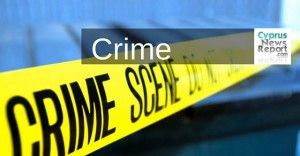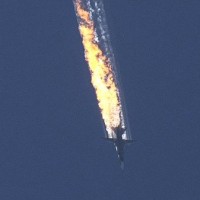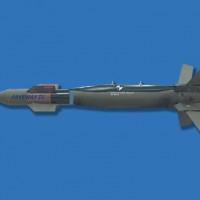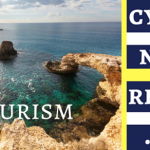
Cyprus Authorities Investigate Suspected Jihadist Threats
In the wake of the major terrorist attacks in France and Mali, the authorities have arrested and deported back to Switzerland six Francophone men suspected of being jihadists, and are investigating a bomb threat at Limassol Port, amid redoubled air and sea strikes against ISIS in Syria by France, Russia and the UK.
Five of the suspects taken into custody at Larnaca Airport are from Turkey and one is from Algeria.
The authorities were working with Interpol and Europol, which is set to launch the European Counter Terrorist Centre (ECTC) on 1 January 2016 for the EU to increase information sharing and operational coordination, focusing on foreign terrorist fighters, the trafficking of illegal firearms and terrorist financing, said Director Rob Wainwright.
Member states will second counter-terrorism experts to the ECTC to form an enhanced cross-border investigation support unit, capable of providing quick and comprehensive support to the investigation of major terrorist incidents in the EU, he said.
In other developments, UK Prime Minister David Cameron has offered Akrotiri Airbase in Limassol to the French military to conduct airstrikes against ISIS.
Over the weekend, Al Qaeda terrorists killed 27 people and took 170 hostage on November 20th in another attack likely aimed at France at the Radisson Blu hotel in Bamako, the capital of Mali, which was part of the ex-colony French Sudan. It is the sixth major terrorist attack linked with ISIS in ex-French colony Syria, and similar terrorist groups in six weeks, after terrorists killed 15 in Somalia (Nov. 1); a bomb exploded on a Russian commercial plane in Egypt killing 224 (Oct. 31st); 40 people were murdered in former French colony Lebanon (Nov. 12th); 129 killed in Paris (Nov. 13th); and 95 killed in a bomb attack in Turkey (Oct. 10th).
Cyprus is no stranger to terrorist threats; most recently, a 26-year-old Lebanese man with a Canadian passport and ties to Hezbollah was convicted in Larnaca of importing tons of fertiliser used to make bombs, and in 2012, a Lebanese man with Swedish passport was remanded by Limassol District Court in connection with the Burgas bombing in Bulgaria, in which five Israeli tourists were killed.
In the past, it is Israeli interests that were targeted. On October 4, 1984, the Abu Musa organisation targeted the Israeli Embassy in Nicosia with a car bomb that exploded in the parking lot, causing severe damage to the building. Then, in May 1988, another car bomb exploded near the Israeli Embassy, killing several policemen.
[easy-pricing-table id=”217″] About Sarah Fenwick
Editor, journalist, jazz singer and digital marketing consultant.
More from CyprusNewsReport.com
Bookmark worthy
- Non Gamstop Casino
- Casino Not On Gamstop
- Non Gamstop Casinos
- Casino Italiani Non Aams
- Slot Sites Not On Gamstop
- Best Non Gamstop Casinos UK 2025
- Crypto Casino
- Online Casinos UK
- Betting Sites Not On Gamstop UK
- UK Casino Not On Gamstop
- Best Non Gamstop Casinos
- Sites Not On Gamstop
- Online Betting Sites Not On Gamstop
- Non Gamstop Casino
- UK Casinos Not On Gamstop
- Non Gamstop Casino
- Casino Sites Not On Gamstop
- Casino Non Aams
- Casinos Sin Licencia España
- Casino Sites UK
- Slots Not On Gamstop
- Best Slot Sites For Winning UK
- Casino En Ligne
- Slots Not On Gamstop
- Non Gamstop Casino Sites UK
- Casino Non Aams
- Non Gamstop Casinos
- Meilleur Casino En Ligne France
- Meilleurs Sites De Paris Sportifs Belgique
- Nouveau Casino En Ligne Belgie
- Nouveau Casino En Ligne Francais
- Paris Sportif Ufc France
- Casino En Ligne Retrait Immediat
- Site Casino En Ligne
- Nouveau Casino En Ligne Francais
- Casino En Ligne Francais













Leave a reply
You must be logged in to post a comment.